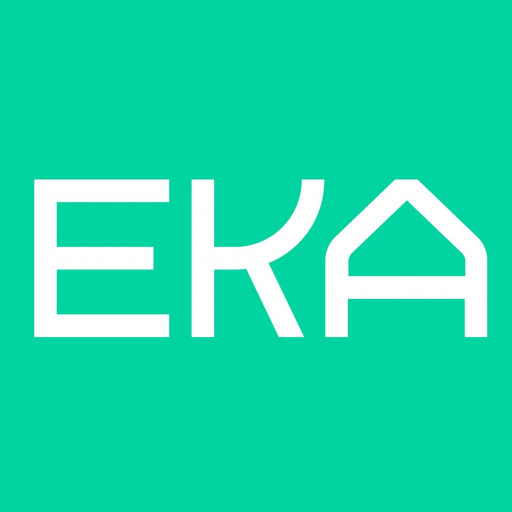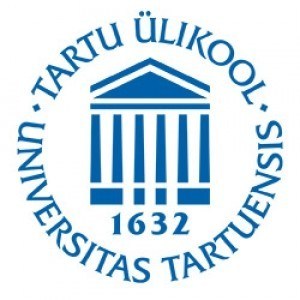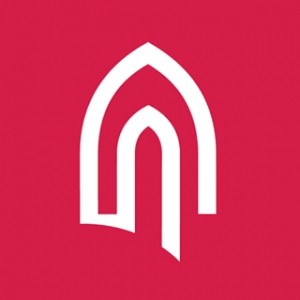Photos of university / #eka_estonian_academy_of_arts
Literature, Visual Culture and Film Studies at the Estonian Academy of Arts offers a comprehensive and interdisciplinary educational experience designed to foster critical thinking, creative expression, and cultural understanding. This program provides students with in-depth knowledge of literary texts, visual arts, and film, examining their historical contexts, theoretical foundations, and contemporary relevance. Students explore a broad spectrum of topics, including the evolution of literature across different periods and cultures, the analysis of visual imagery in art and media, and the development of cinematic language and theory. The curriculum combines theoretical coursework with practical projects, encouraging students to develop their analytical and creative skills through research, writing, visual composition, and multimedia production. Emphasis is placed on interdisciplinary approaches, enabling students to draw connections between literature, visual culture, and film studies, thereby gaining a holistic understanding of cultural production and representation. The program prepares graduates for diverse careers in cultural institutions, media, education, publishing, and creative industries, as well as for further academic pursuits. Faculty members are experienced experts in their fields, providing mentorship and fostering an innovative learning environment. The university’s facilities include modern classrooms, media laboratories, and a rich library collection, facilitating immersive learning experiences. Graduates of the program are equipped with the critical, creative, and technical skills necessary to analyze and produce cultural content across various mediums, contributing thoughtfully to the cultural landscape locally and globally. This program is ideal for students passionate about exploring the intersections of literature, visual arts, and cinema and seeking to develop a nuanced understanding of contemporary culture through an interdisciplinary lens.
Full-time studies
- During the two-year programme the MA student is expected to actively participate in seminars, to engage in field-related practice and to write a Master’s thesis.
- During the second and third semester the student engages in practical work organised by the school in collaboration with international literary, art, and film festivals in Tallinn.
- At the beginning of the third semester, MA researchers are required to submit a research proposal and choose a supervisor.
- The fourth semester, concluding the studies, is reserved for writing the thesis in the framework of the master’s seminar guidelines. The research semester provides an ample opportunity for the student to focus on their area of interest. The thesis is publicly defended at the end of the last semester.
Core course components
- Key Concepts in Literary and Cultural Analysis
The seminar explores the main concepts and arguments of the 20th century literary theory and cultural analysis. Its aim is to provide a coherent context for researching literature, films and visual culture in their intermedial relationship.
- Key Concepts in Critical Theory and Visual Culture
This seminar course will focus on key thinkers in critical theory and the social analysis of the image, building a trajectory from G.W.F. Hegel’s philosophy of history to contemporary visual and cultural studies. Rather than concentrating on discrete ideas, the course will explore the connections and ongoing discussions between authors in the critical tradition.
- Seminars in Literature, Visual Culture and Film I, II, III
The interdisciplinary courses approach various literary texts, films and objects of visual culture from the perspective of a thematic focus. Depending on the year the topics include: Dystopia in Philosophy, Literature and Film; Affect and Emotion in Literature, Visual Culture and Film; Memory in Literature and Visual Culture; War in Literature and Film; Postcolonial Studies; Genre; Space in Literature and Visual Culture.
- Word and Image in the Middle Ages/Renaissance
This lecture and seminar course studies some key questions concerning the relationship of verbal and pictorial art from the late Middle Ages to the late Renaissance. Apart from the rivalry and emulation between poets and artists, the interaction of verbal and pictorial rhetoric will be discussed on the example of a number of well-known and less well-known authors and theorists (mainly) in the European tradition.
- Estonian Art in Context
This course will provide an overview of modern and contemporary art in Estonia, discussing its developments through historical precedents and social context. The classes include field trips and visits to art events and exhibitions, allowing participants to develop their understanding of the local art scene. Students are encouraged to participate actively in seminars, artist talks and presentations.
- Narratology
The purpose of the course is to acquaint the students with the basic concepts and methods of narratology, i.e. the study of narratives, and to practice their application to particular texts. Besides literary fiction, non-fictional and cinematographic narratives are discussed.
- Adaptation
Through the analysis of various literary texts and their film adaptations the seminar deals with central critical and cultural debates about film adaptation. Film adaption will be studied from the different perspectives of historical and cultural context, authorship, genre etc.
- Word and Image
The course provides a thorough introduction to the various 20th and 21st century cultural phenomena that connect words and images, the verbal and the visual, and the relevant theoretical approaches.
General requirements
- Completed Bachelor’s degree or the equivalent
- Proof of English Proficiency
Entrance exams
- Statement of research interests (1-2 pages) [to be submitted to DreamApply]
-
Writing sample (an excerpt from either the BA thesis or a paper, 10 pages) [to be submitted to DreamApply]
If your BA studies did not end with a BA thesis, academic referenced essays written during your BA studies in total capacity of 10 pages are accepted. Your published scholarly articles may also be accepted as writing samples.
If your BA thesis (or equivalent writing sample) was not written in English, German, Russian, Italian or Finnish, please provide a translation into English with the original writing sample. You may do your own translation, no notarized translation required. - Interview
Assessment of the candidates
- Statement of Research Interest: 30 points (min. required 21 points)
- Writing Sample and Previous Study Results: 30 points (min required 21 points)
- Interview: 40 points (min. requirement 28 points)
Important! Only applicants receiving the minimum required points for the first two components will be invited for the interview.
What we assess
Statement of research interest: Ability to justify the choice of the programme; the match between the research interests and the programme; ability to comprehend future prospects.
Writing sample and previous study results: Suitability of the previous studies and quality of study results; structure, argumentation and use of secondary sources in the writing sample; academic writing skills in English (if the writing sample is not in English the general Academic Writing Skills will be assessed).
Interview: Student motivation; match between the research interests and the programme; general erudition; ability to comprehend future prospects.
The Financing of the Literature, Visual Culture and Film Studies program at the Estonian Academy of Arts is primarily supported through a combination of state funding, tuition fees, and possible scholarship opportunities. As an accredited institution, the Estonian Academy of Arts benefits from government allocations designated for the development of higher education and research in cultural and artistic fields. Students enrolled in the program may be eligible for national scholarships based on academic merit, financial need, or specific criteria set for art and cultural studies.
In addition, Estonia participates in European Union funding programs that support arts and cultural education, which can provide additional financial resources for students and the program's development. International students may also explore possible funding options available from their home countries or international scholarship organizations.
The total cost of studying includes tuition fees, which vary depending on the student's nationality and residency status. For domestic students, tuition fees are often subsidized or fixed at a lower rate, while international students typically pay higher fees. The program's students can take advantage of various financial aid packages, grants, and part-time work opportunities available within the university or the local community.
The university may organize financing workshops or counseling services to help students plan their educational expenses effectively. Moreover, some students might receive funding through research grants if they participate in associated research projects or artistic initiatives. The program aims to facilitate accessible education through multiple funding avenues, ensuring talented students from diverse backgrounds can pursue their academic and professional goals in literature, visual culture, and film studies. Overall, the financing structure is designed to support the growing demand for specialized education in the arts and humanities, fostering the development of cultural professionals in Estonia and beyond.
Graduate career options
Graduates will be equipped to work in any area that requires excellent skills in critical thinking, visual analysis and writing. The prospective career options include research, education, cultural journalism, arts administration, cultural management, museum industry, publishing, cultural diplomacy.
Further study opportunities
The graduates will be prepared to continue their studies at the PhD level. We help our students to find relevant internship opportunities in order for them to explore their interests and preferences already while studying.


